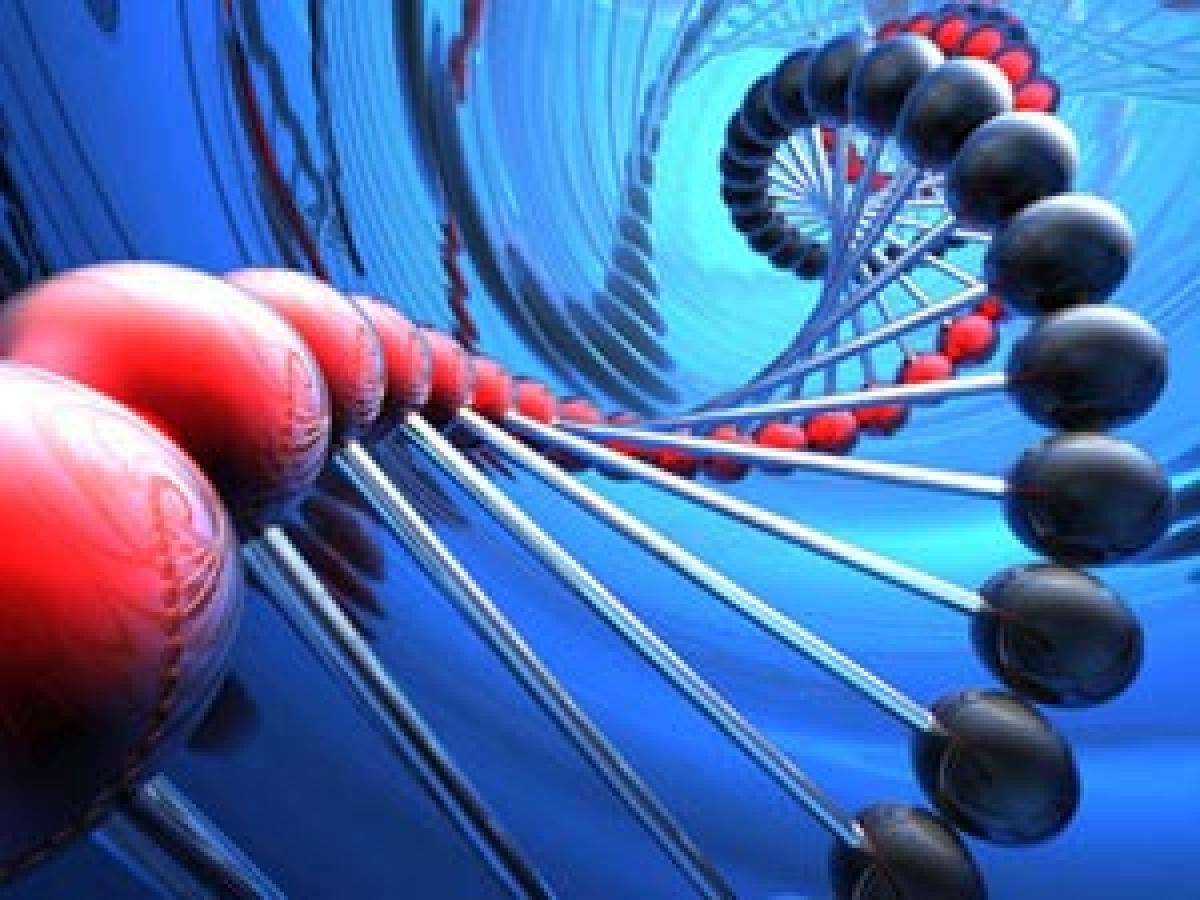Gene Silencing

Silencing a specific gene may affect human social behaviour, including a person\'s ability to form healthy relationships or to recognise the emotional states of others, says a study.
Silencing a specific gene may affect human social behaviour, including a person's ability to form healthy relationships or to recognise the emotional states of others, says a study. The scientists examined how a process known as methylation, which can reduce the expression of specific genes, affects a gene called OXT.
This gene is responsible for the production of a hormone called oxytocin, which is linked to a wide range of social behaviours in humans and other mammals, according to study's lead author Brian Haas, Assistant Professor of Psychology at the University of Georgia in the US.
Kathiann Kowalski writes about gene silencing at Societyforscience.org: The DNA in each of us hosts about 21,000 genes. Their blueprints are coded in the roughly 3 billion rungs of our DNA’s ladder-like structure. The Human Genome Project finished decoding all of those genes in 2003. That task took hundreds of scientists more than 12 years. Scientists are now working fast and furiously to learn what each identified gene does.
Their answers will help science better understand how cells work. The knowledge also could help doctors better treat disease. “One great way to learn what cells do normally with all their different genes is to turn off those genes one at a time,” explains Craig Mello. He’s a geneticist at the University of Massachusetts Medical School in Worcester.
David Root is a geneticist at the Broad Institute in Cambridge, Mass. To show how turning off genes can help, Root likens our complex genome — the complete encyclopedia of our genes — to the main electrical box in your house, full of fuses or circuit breakers. If none of the circuits feeding the box was labeled, he says, “You might turn each [circuit] off and see which of your lights go out or which of your appliances turn off.”
Craig Mello and Andrew Fire discovered RNA interference through their studies with the millimeter-long nematode C. elegans. The tiny worm has only about 1,000 cells in its entire body. As it happens, our cells can naturally turn off genes. The cells in many other species do too. They use a process called RNA interference, or RNAi. (Like DNA, RNA is a molecule found in all cells.) Mello and Andrew Fire, now at Stanford University School of Medicine in California, shared a 2006 Nobel Prize for discovering this process for silencing genes.








